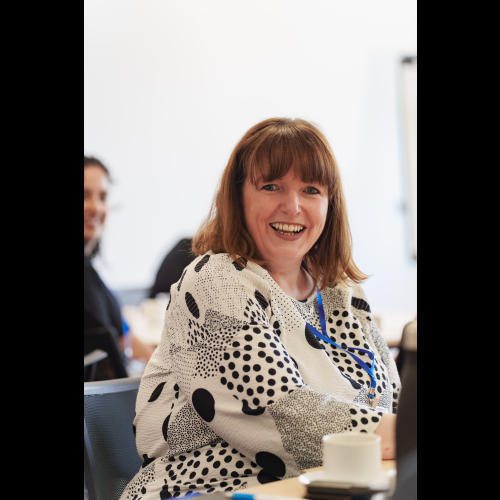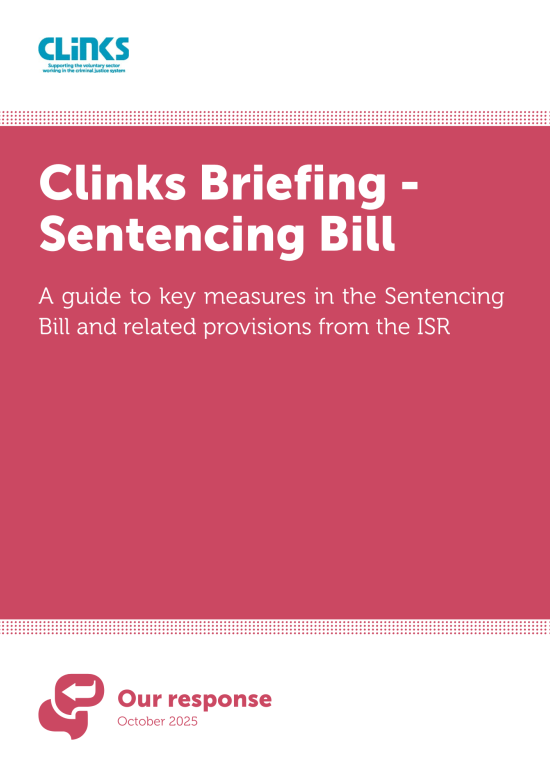This is a guest blog from Martin Kruklis of St. Luke's Support Association, a non-governmental organisation in Latvia. The organisation’s mission is to build a socially active and inclusive civil society, taking care of former prisoners and their families. Martin shares his perspective of working with people with convictions in Latvia, and discusses his organisation’s approach to rehabilitation.
Rehabilitation in Latvia
The population in Latvia is nearly 2 million. About 4,300 people are incarcerated throughout Latvia—it is ranked seventh highest in Europe for the number of prisoners held per 100,000 people. In comparison, the UK is ranked twentieth.[1] In spite of various personal rehabilitation and re-socialisation programs implemented by the Probation Service and the Prison Administration, the re-offending rate is consistently high – around 75%. In Latvia, there are some non-governmental and religious organisations which deal with rehabilitation and socialisation work—conscientiously and according to their capacity—but significant improvements have not been achieved.
A holistic approach
The aim of St. Luke’s Support Association is to create a social innovation – a cross-sectorial lifelong learning and life guiding program, in the form of interaction between different groups in society through employment, cultural and social spheres. We hope to see an open and welcoming space as a result, where different groups of society, by working together, get to know each other's positive potential, foster reconciliation and enhance personal prosperity and common good.
Our approach is different to a lot of other organisations, but not unprecedented. It is a holistic approach to personal rehabilitation. The Greek word “holos” translated into English means “the whole”. In medicine, a holistic approach means focusing on the whole person – a person's body, mind, and the environment in which this person lives – rather than on individual symptoms. As each person experiences things in a different way, it also provides an individual approach. A holistic approach in re-socialisation means taking care of each individual's physical, existential and emotional needs. This includes developing a personal system of values, developing positive behaviour, attitudes and relationships, acquisition or restoration of social skills, recovery of health and legal status, obtaining vocational skills and employment, engagement in meaningful leisure activities, intellectual and cultural development.
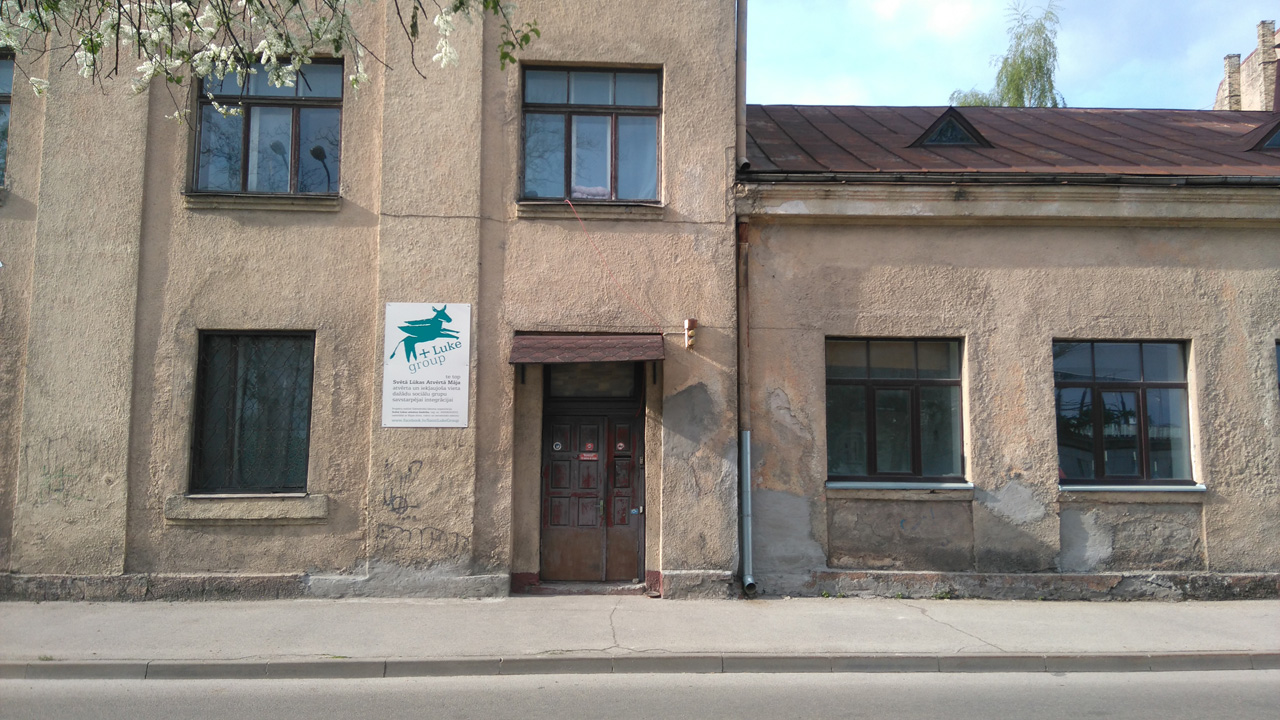
In practice, this means that a person who comes to us is supported by people from similar situations who have already changed the paradigm of their life, together with experienced experts in the field. In accordance with the person's needs, a one year program of employment, social status, skills, cultural activities and personal therapy activities is offered. Running in parallel, there are opportunities to engage in other activities taking place in our centre. After a year spent in our program, a person can continue to operate under the auspices of one of our existing organisations, or can find work elsewhere. The person is now prepared for this and we provide certain guarantees to employers.
In order to better respond to the individual's personal needs, our approach provides for active personal participation in the whole process of the operation, thus enhancing personal interest and motivation. For example, a person has an entrepreneurial idea, but he does not know how to start business activities – we involve them in an existing business operation with specific tasks, responsibilities and future career opportunities. Or we help them to start their own business, to prepare a business plan, to forecast a cash flow, or to assess the risks. We are trying to tear down the psychological barriers between “we” and “they” / “prisoners” and “guards”, as well as to change participants' philosophy of life from the position of a passive recipient, to the position of a creative and active participant, intended to think with a long-term perspective and ready to share their experiences with others. The vast majority of the target group members have no positive experience of work and social relations. We work with experienced supervising psychologists, in close cooperation with the individual, to support positive change. This happens, as far as possible, in a natural environment, with interaction between different social groups.
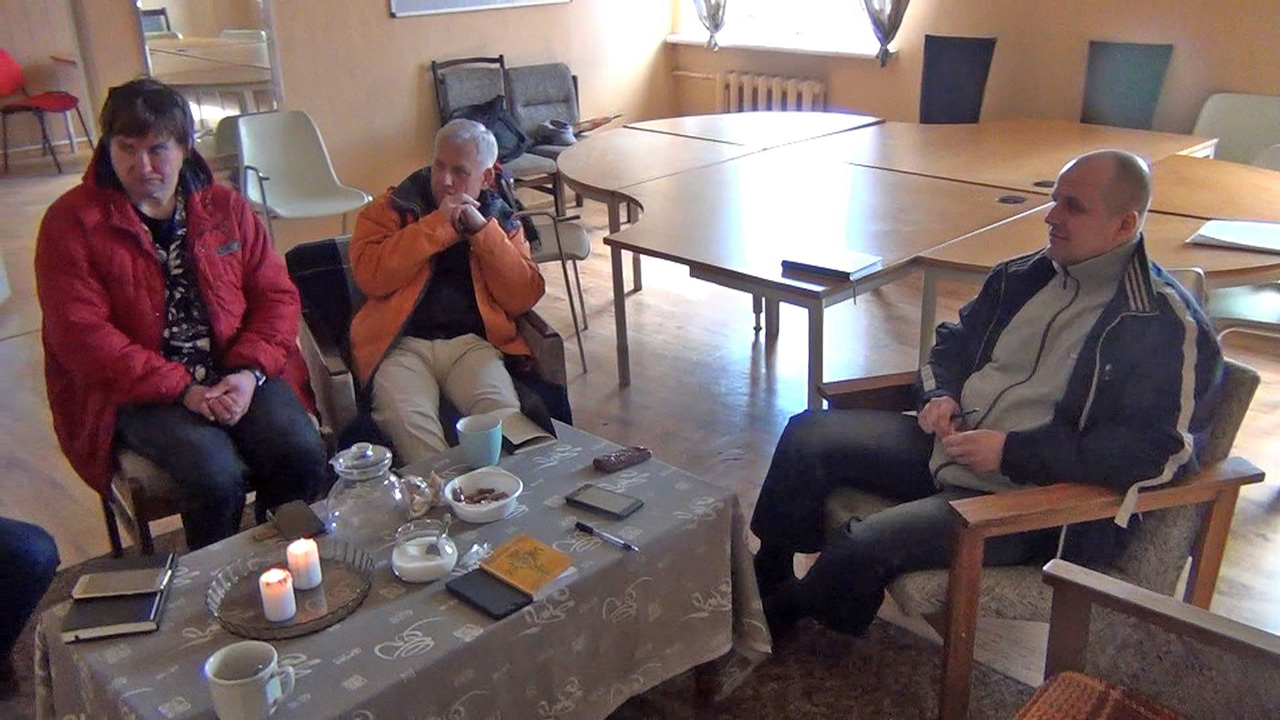 Involving volunteers
Involving volunteers
To do our work we need volunteers from different social groups who can commit to long-term involvement with our target group. The importance of working together is invaluable. By doing joint work, organising cultural events or spending leisure time together, people get to know each other and mutually enrich each other. Natural social integration, which excludes stigmatisation and destroys prejudices, reveals the positive potential and usefulness of the people 'written off' by society. Volunteer involvement also has another important benefit – it’s an example of unselfish action that, taking into account the low self-esteem of our target group and its lack of confidence in society's support, is a natural and highly effective means of teaching self-respect and how to treat each other. Finally, listening to the volunteers who are already involved, it becomes clear that the volunteers benefit as well, in terms of their personal self-development and healing of past psychological injuries. For example, accepting and working with people who may have caused harm to other people, a volunteer becomes gradually able to forgive people who may have caused harm to themselves. It encourages volunteers in their own spiritual growth.
Overcoming challenges
The challenges we face are related to the history of Latvia and the current economic situation. After the collapse of the Soviet Union, a new generation has grown up in Latvia. Deeply ingrained habits do not change so quickly. Latvia has not developed strong traditions of volunteerism and charitable giving. The economic weakness of the state has pushed people into depression; the average wage in Latvia is 800 EUR per month before taxes. There are problems with tax avoidance. Furthermore, former prisoners and their family members are often considered persona non grata. Many people hold strong opinions about people with convictions. For example they think “if I donate to this group of people or be a prison volunteer, people may think that I am just like them”. Whilst opening our charity's bank account, we experienced refusal from a number of banks – just because of the target group of our organisation.
Within two years of our existence, so far we have received only one grant of EUR 7000, although there have been many valuable projects. We are doing a number of things to try and support our target group. First of all, we try as often as possible to share their stories through social networks and the media. At present, we are actively engaged in the Riga City Council—it granted us a home renovation in Riga, with the involvement of both our service users and volunteers. We try to increase our public recognition with public activities. For example, in one of our events, the Latvian soldiers and the U.S. soldiers of NATO located in Latvia worked together with our target group and volunteers.
Seeking long-term partners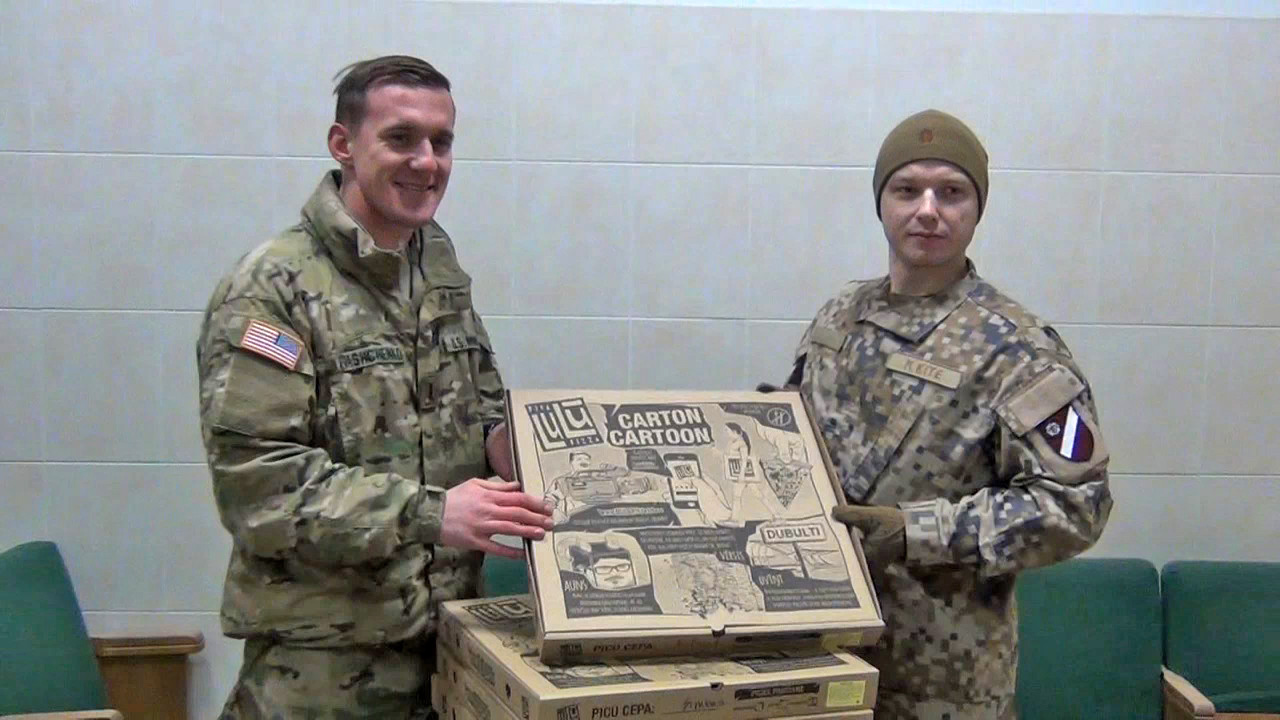
In Europe and the UK we are actively looking for allies for the consortiums of international projects and long-term partners in the field of social entrepreneurship and the non-governmental sector.
We highly appreciate the chance to tell you about ourselves and the work we do. We hope that our story will not leave you indifferent, just as we are looking forward to sharing the deep humanitarian and charity traditions of British society. If you would like to start a discussion with us, please, don’t hesitate. You can contact me on martins@stlukegroup.lv
[1] Source: www.prisonstudies.org
What's new
Blogs
Anne Fox CEO of Clinks to stand down after a decade of service
Publications
Clinks' briefing on the Sentencing Bill
A guide to key measures in the Senten
Latest on X
The role is for a leader from an organisation focused on racially minoritised people, with expertise in service delivery, policy, advocacy, or related areas in criminal justice. Racial disparities are present at every CJS stage. This role ensures these voices are central in shaping policy to help address and eradicate them. Apply by Mon 18 Nov, 10am. More info: https://www.clinks.org/voluntary-community-sector/vacancies/15566 #CriminalJustice #RR3 #RacialEquity
